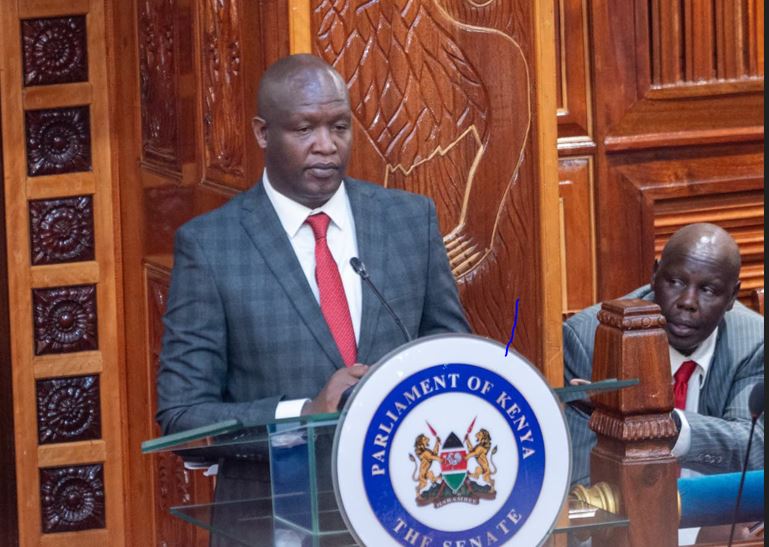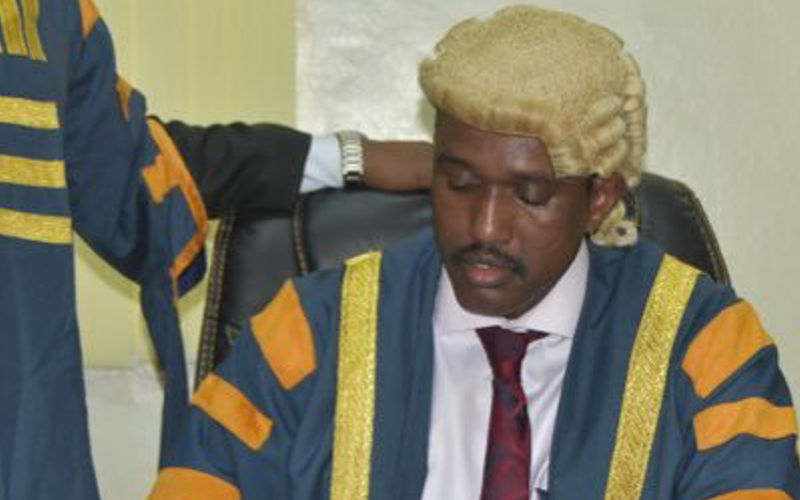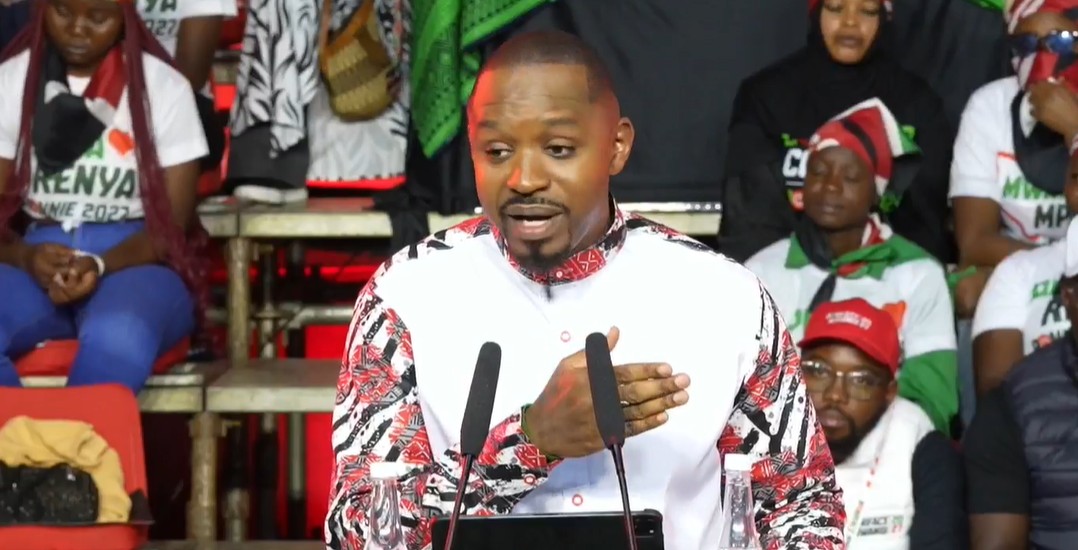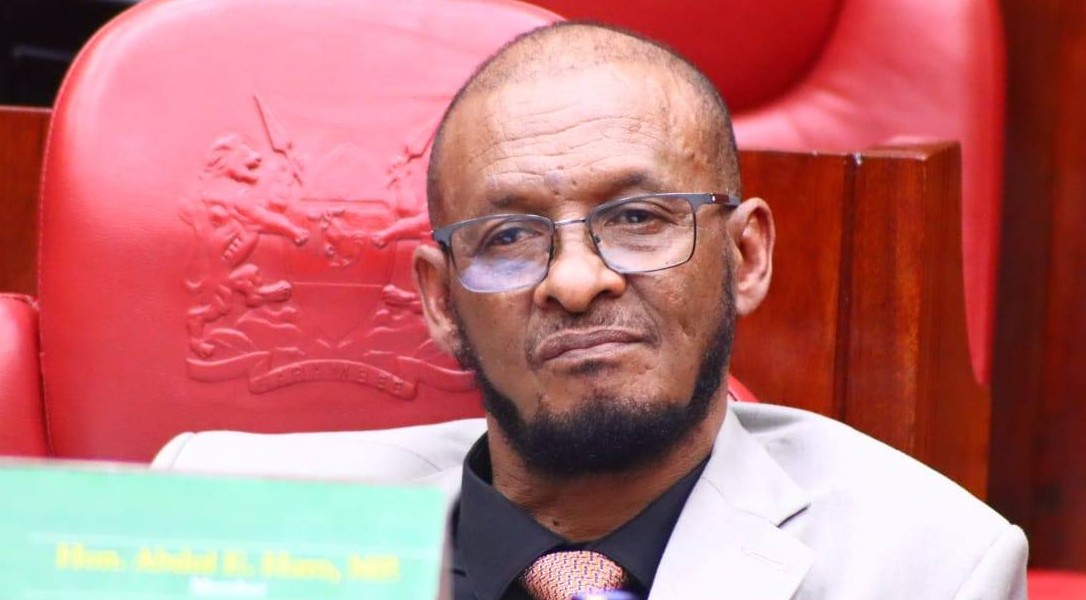Ruto heads to Abu Dhabi after Emirati ruler cancels state visit
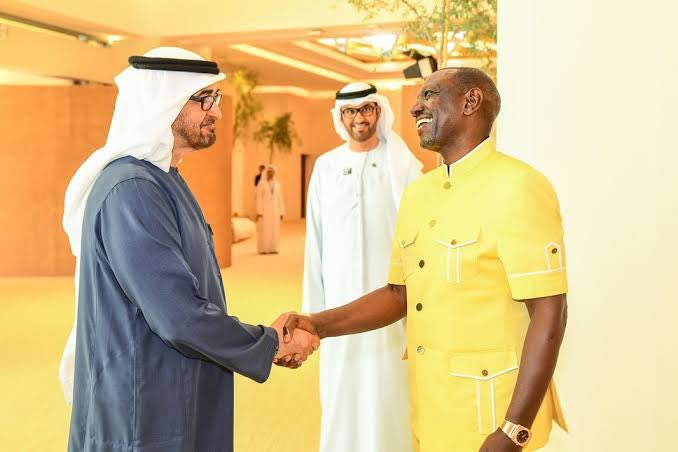
The snub comes amidst mounting pressure reportedly linked to the June 2024 protests in Kenya, as well as negative publicity surrounding the UAE’s activities in Kenya.
President William Ruto is heading to Abu Dhabi after Emirati ruler Sheikh Mohamed bin Zayed Al Nahyan declined his invitation for a planned state visit to Kenya.
Nairobi had been preparing to warmly welcome the Emirati ruler for a state visit, during which Kenya and the UAE were set to sign a Comprehensive Economic Partnership Agreement (CEPA). However, it now appears the visit has been cancelled, with the CEPA set to be signed in Abu Dhabi instead.
More To Read
- UAE bars Sudanese aircraft from landing at its airports
- Sudanese air force destroys UAE plane carrying Colombian mercenaries: Sudan TV
- Sudan claims UAE recruiting mercenaries from Colombia, Africa to aid RSF
- Sudan’s rebel force has declared a parallel government: What this means for the war
- State House faults 'The Economist' over editorial on Kenya's authoritarian drift
- President William Ruto reinstates Charles Nyachae to Kenya School of Government post
Ruto’s senior foreign policy official, Musalia Mudavadi, has already arrived in the UAE to facilitate the process.
The snub comes amidst mounting pressure reportedly linked to the June 2024 protests in Kenya, as well as negative publicity surrounding the UAE’s activities in Kenya. Since the unrest last June, Nairobi has not hosted any significant high-level foreign leader, signalling ongoing diplomatic challenges for the Kenyan administration.
On Monday, the State House in Nairobi confirmed that President William Ruto left the country in the evening to attend the Abu Dhabi Sustainability Week (ADSW) Summit in the UAE, a high-level forum gathering world leaders to discuss global sustainability.
The statement indicated that Ruto is scheduled to speak during the summit’s opening session, which will focus on “Exploring the Global Energy Transition.” He is expected to highlight Kenya’s leadership in renewable energy, particularly geothermal power, and identify opportunities for global partnerships to address energy challenges and foster green growth. The visit will conclude with the signing of an agreement between Nairobi and Abu Dhabi.
However, the visit’s trajectory has shifted, as the Emirati ruler was initially slated to visit Kenya at President Ruto’s invitation. Preparations for the visit began last year, with Nairobi rolling out plans to welcome the Emirati ruler with fanfare. Yet, the June protests and the negative publicity surrounding the UAE’s involvement in Kenya’s carbon credits market caused a reconsideration of the trip.
In August, Nairobi hosted high-level government meetings to prepare for the Emirati state visit, which was expected to culminate in the signing of an agreement. Mudavadi also participated in a Joint Cooperation Commission in Abu Dhabi in July. However, due to increasing pressure, particularly negative publicity about the UAE’s engagements, the visit was ultimately retracted.
When asked by the Eastleigh Voice whether the Emirati visit would still take place, Foreign Affairs Principal Secretary Korir Sing’oei confirmed, “The Comprehensive Economic Partnership Agreement will be signed this week in Abu Dhabi.” He did not offer further details about the visit.
Notably, no high-level visit from an influential foreign leader has taken place since the Gen Z uprising in Kenya last July. In October 2023, Blue Carbon, a UAE royal-owned company, signed a deal for millions of hectares of forest in Kenya. The Kenyan government’s controversial eviction of the Ogiek community from the Mau Forest added to the controversy.
Diplomatic relations between Kenya and the UAE began in 1982, when Kenya opened its embassy in the UAE, and the UAE reciprocated by establishing a mission in Nairobi in 2012. Kenya’s first state visit to the UAE was made by President Daniel Moi in 1980, followed by a reciprocal visit from the late Sheikh Zayed Bin Sultan Al Nahyan, the UAE’s founding father, in 1984. Former Presidents Mwai Kibaki and Uhuru Kenyatta also made state visits to the UAE.
In recent years, the UAE has sought to expand its geopolitical influence, aiming to assert its presence in the Horn of Africa and across the continent.
Top Stories Today

